
It’s been a busy month for BU’s Knowledge Exchange and Impact Team (based in Melbury House, if you’d like to come and see us), with many of us out and about supporting events across the university. Below is a small selection of our activities. If you’d like to find out more about our team and how we can support your research, do get in touch.
Impact
This week, we’ve been busy supporting our Impact Champions to run a series of events to support the development of research impact, ranging from working with the media to influencing policy. It’s been great to see so many of you taking part and we hope you’ve found them useful. If you’d like to find out more about how to develop your research impact, please do ask anyone in RKEO for an impact mini guide or view the full toolkit on the staff intranet.
Festival of Learning
There’s only a month to go until the Festival of Learning returns to BU (25 – 29 June). We’ll be repeating last year’s very successful family day to kick off the Festival on Saturday, where National Geographic Adventurer of the Year, Alastair Humphries, will be sharing tales of his adventures.
We have a great range of events, with something to appeal to every interest, so do have a look at the website and sign up.
Student engagement
Our final 14:Live of this academic year saw BU students and staff debating whether we should remain in or leave the European Union (EU). The lively debate was hosted by BU’s Dr Dan Jackson, whose research covers media, communication and politics. The debate saw two teams of students debate the merits of staying in or leaving the EU, covering topics such as economics, politics and the environment. The final vote was overwhelming in favour of staying in the EU.
Undergraduate Research Assistants
Our ever-popular URA scheme has seen 42 BU students recruited to work with academics on research projects during the spring. They are currently finishing their placements and the full-time summer cohort will soon begin.
Knowledge Transfer Partnerships
Since the beginning of April, there have been a number of changes to processes within Knowledge Transfer Partnerships. For example; there is a new online application form, no need for an expression of interest form and Associate employment budget rates have changed. For further information, please contact Rachel Clarke, Knowledge Exchange Adviser (KTP).
The recent May KTP submission deadline saw an application go in from the Faculty of Media and Communication.
Higher Education Innovation Funding
A number of events relating to our HEIF projects have taken place this month including Rewilding Dorset and FoodBiz.
June and July will see a number of psychiatric genetic counselling workshops taking place. For more information or to book on, click here.
Genna West – Knowledge Exchange and Impact Manager
Rachel Bowen – Research Communications Manager
Rachel Clarke – Knowledge Exchange Adviser (KTP)
Jayne Codling – Knowledge Exchange Adviser
Naomi Kay – Public Engagement Officer
Charlene Steele – Project Co-Ordinator (Student Project Bank)
Katie Breadmore – Public Engagement Event’s Organiser
Oliver Cooke – Student Engagement Coordinator
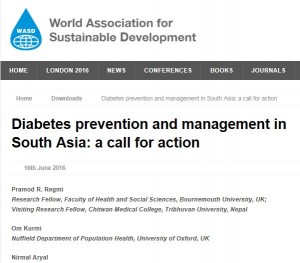 Today BU staff and post-graduate students published our latest diabetes paper. In the International Journal of Food, Nutrition and Public Health (IJFNPH) publish by the World Association for Sustainable Development (WASD) you’ll find ‘Diabetes prevention and management in South Asia: a call for action‘.
Today BU staff and post-graduate students published our latest diabetes paper. In the International Journal of Food, Nutrition and Public Health (IJFNPH) publish by the World Association for Sustainable Development (WASD) you’ll find ‘Diabetes prevention and management in South Asia: a call for action‘.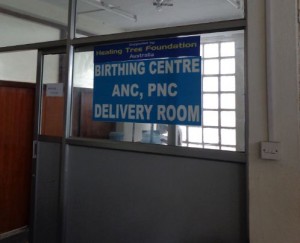



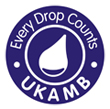

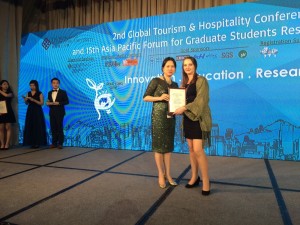
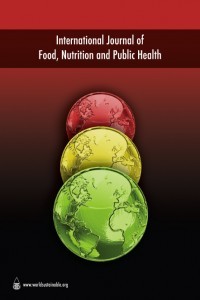

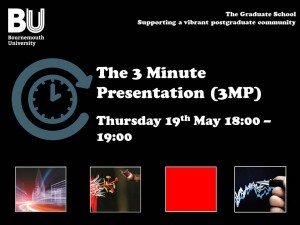
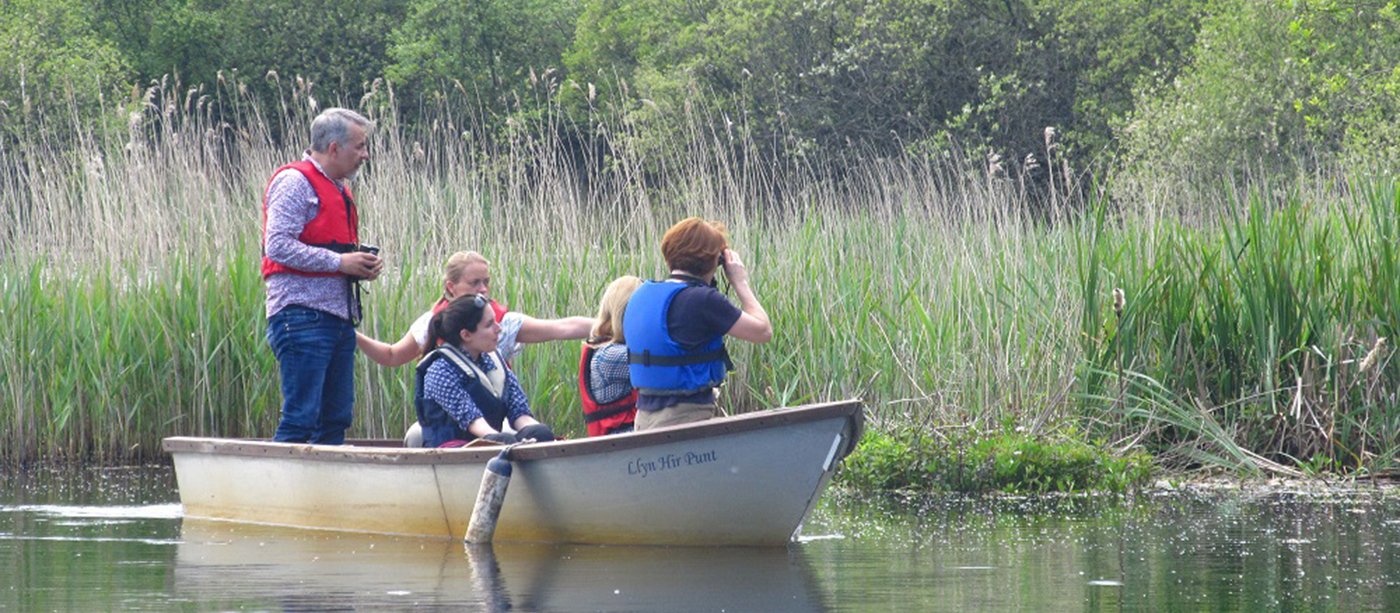
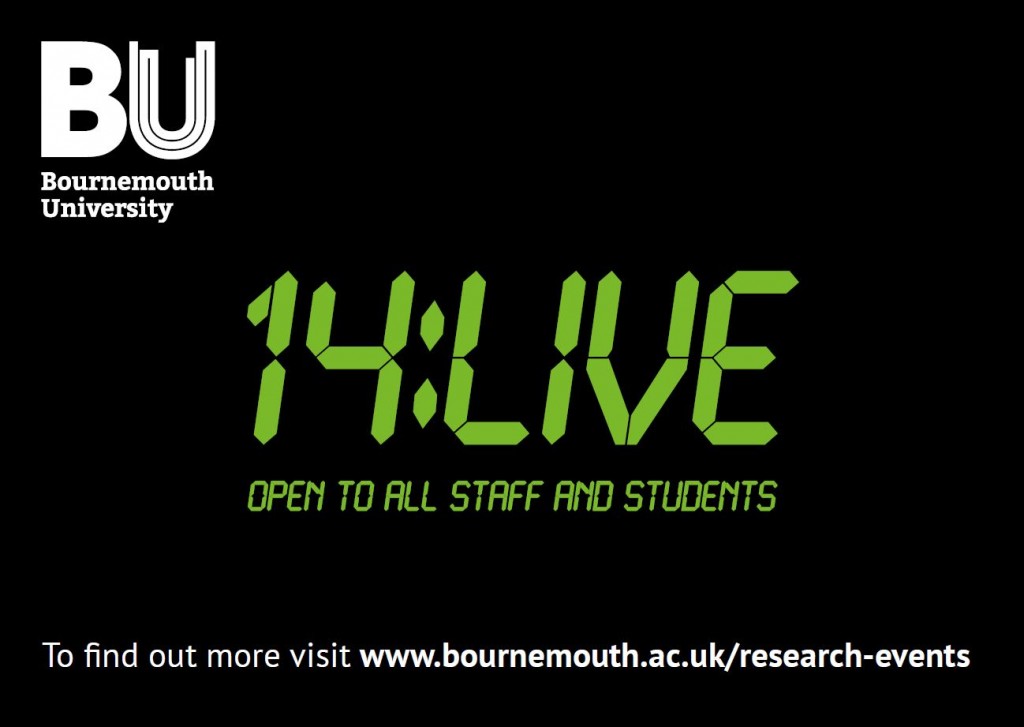
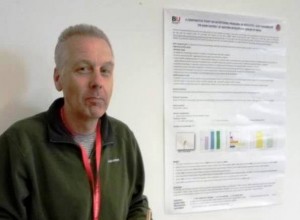
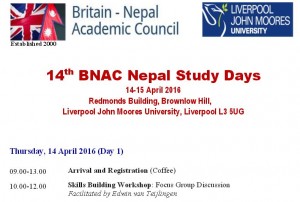
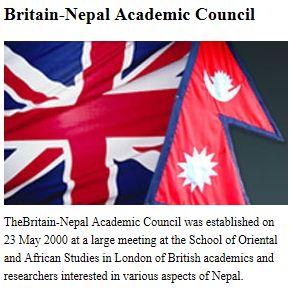
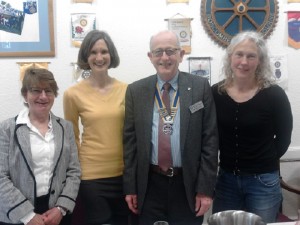












 Seeing the fruits of your labour in Bangladesh
Seeing the fruits of your labour in Bangladesh Exploring Embodied Research: Body Map Storytelling Workshop & Research Seminar
Exploring Embodied Research: Body Map Storytelling Workshop & Research Seminar Marking a Milestone: The Swash Channel Wreck Book Launch
Marking a Milestone: The Swash Channel Wreck Book Launch No access to BRIAN 5-6th February
No access to BRIAN 5-6th February ECR Funding Open Call: Research Culture & Community Grant – Application Deadline Friday 12 December
ECR Funding Open Call: Research Culture & Community Grant – Application Deadline Friday 12 December MSCA Postdoctoral Fellowships 2025 Call
MSCA Postdoctoral Fellowships 2025 Call ERC Advanced Grant 2025 Webinar
ERC Advanced Grant 2025 Webinar Update on UKRO services
Update on UKRO services European research project exploring use of ‘virtual twins’ to better manage metabolic associated fatty liver disease
European research project exploring use of ‘virtual twins’ to better manage metabolic associated fatty liver disease